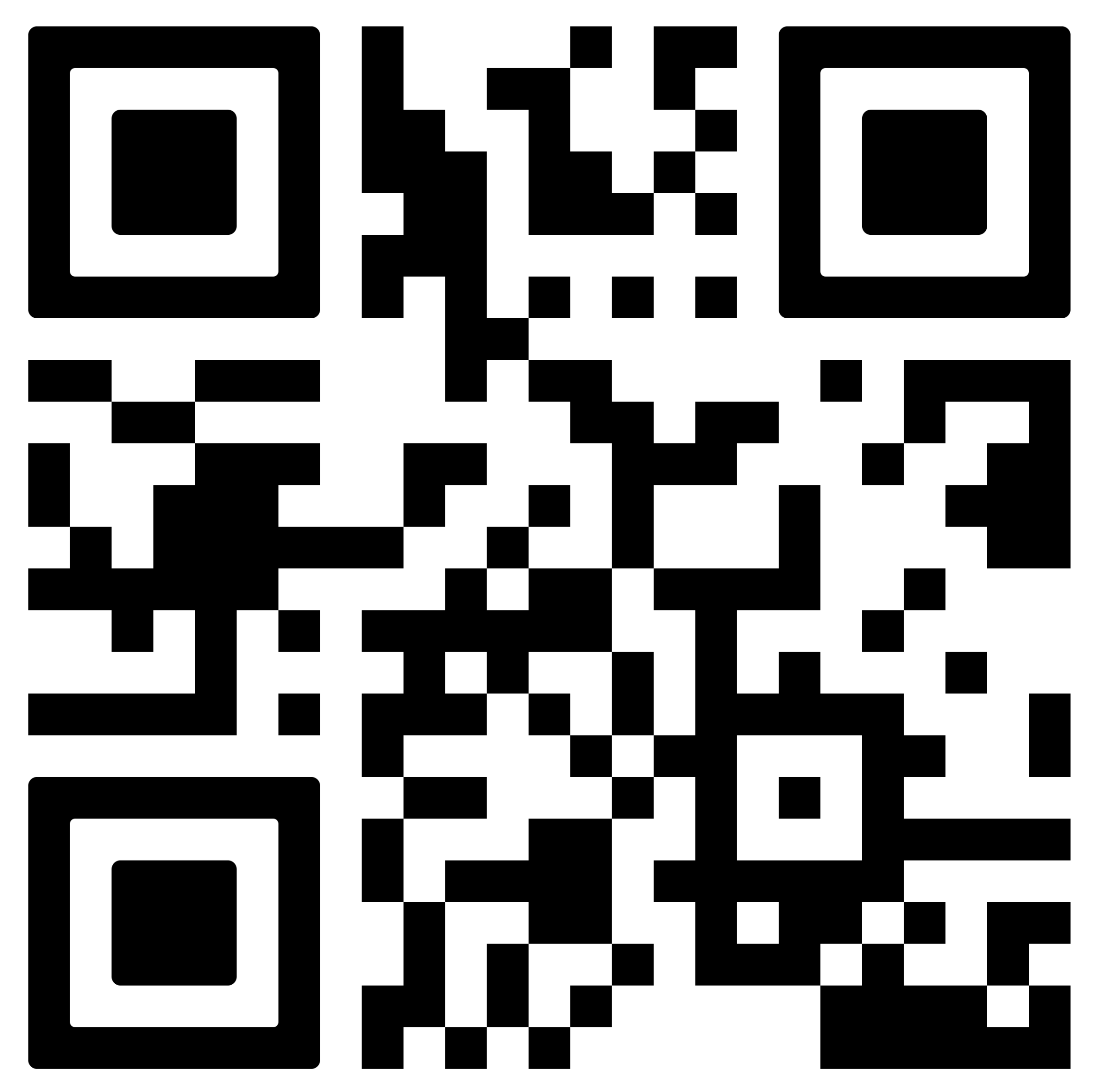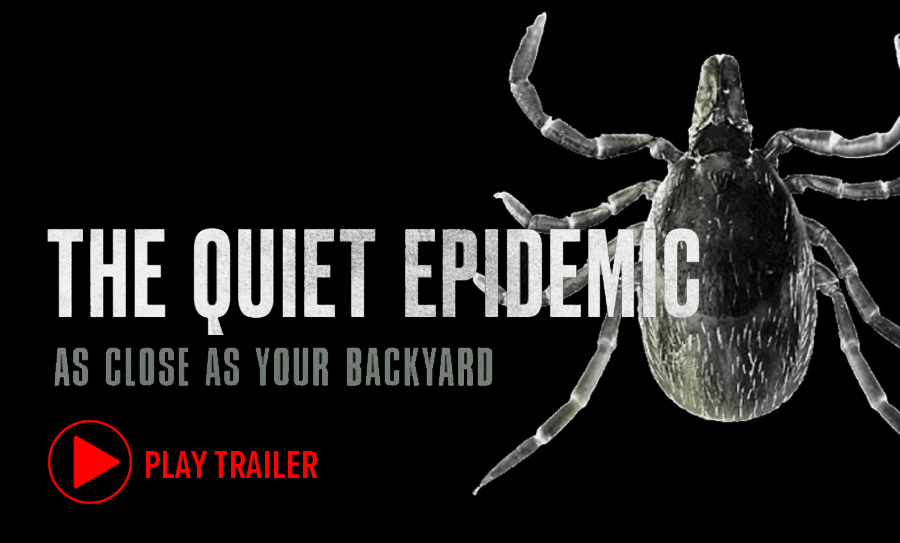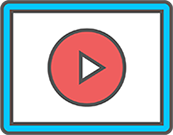“The Quiet Epidemic” – A LymeDisease.org Fundraiser
Why are we screening the movie? Proceeds from the screening of “The Quiet Epidemic” will go to help fund LymeDisease.org’s research project, MYLYMEDATA. Thus far over 17,000 patients have joined the project, with a goal of 20,000 patients by 2024. The data is critical to help researchers find a resolution to chronic Lyme disease and enhance patient care.
I want to contribute but I am not in Utah. No problem, you don’t have to be in Utah to support this fundraiser. Donations are welcome. Click here to donate.
Who are the Hosts? Both Josh and Ethan have individually suffered from Lyme disease and want to educate the general public about the dangers of the disease, the lack of public awareness, and the lack of awareness in the medical community. You can read their stories below.
Learn more about “The Quiet Epidemic” documentary:
After years of living with mysterious symptoms, a young girl from Brooklyn and a Duke University scientist are diagnosed with a disease said to not exist: Chronic Lyme disease. The Quiet Epidemic follows their search for answers, which lands them in the middle of a vicious medical debate. What begins as a patient story evolves into an investigation into the history of Lyme disease, dating back to its discovery in 1975. A paper trail of suppressed scientific research, and buried documents reveals why ticks-and the diseases they carry-have been allowed to quietly spread around the globe.























